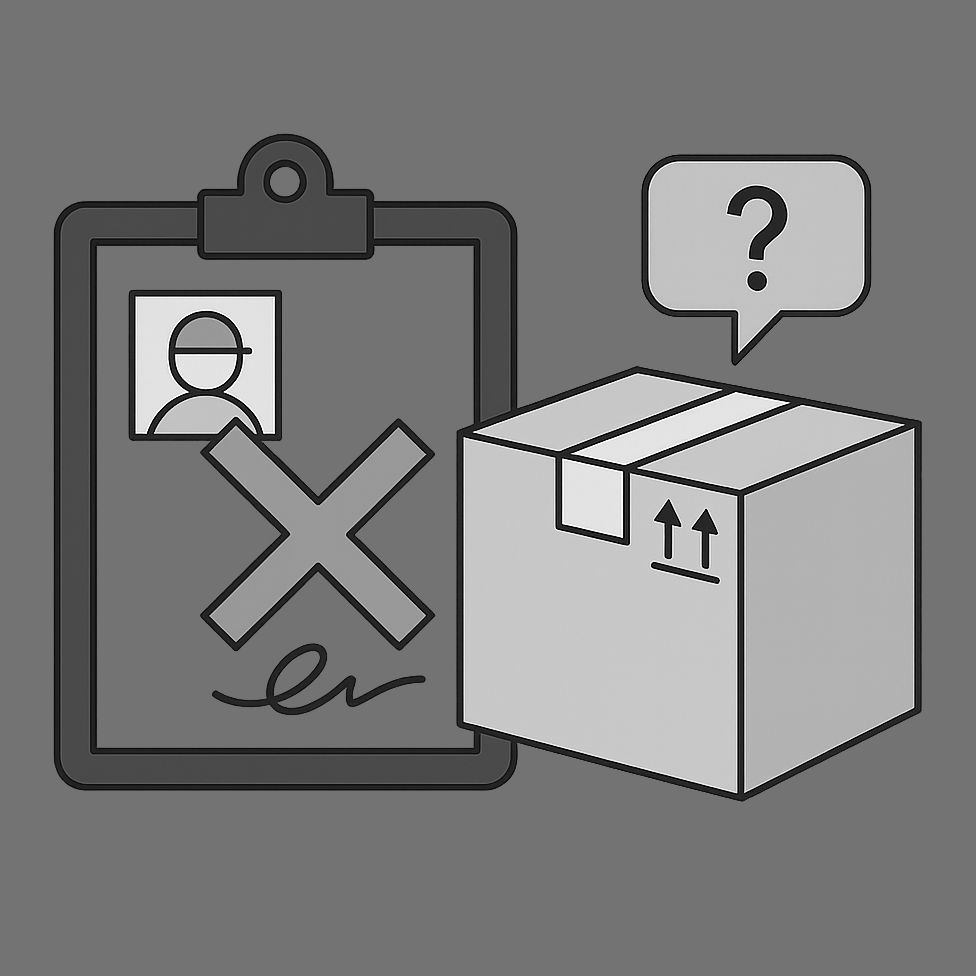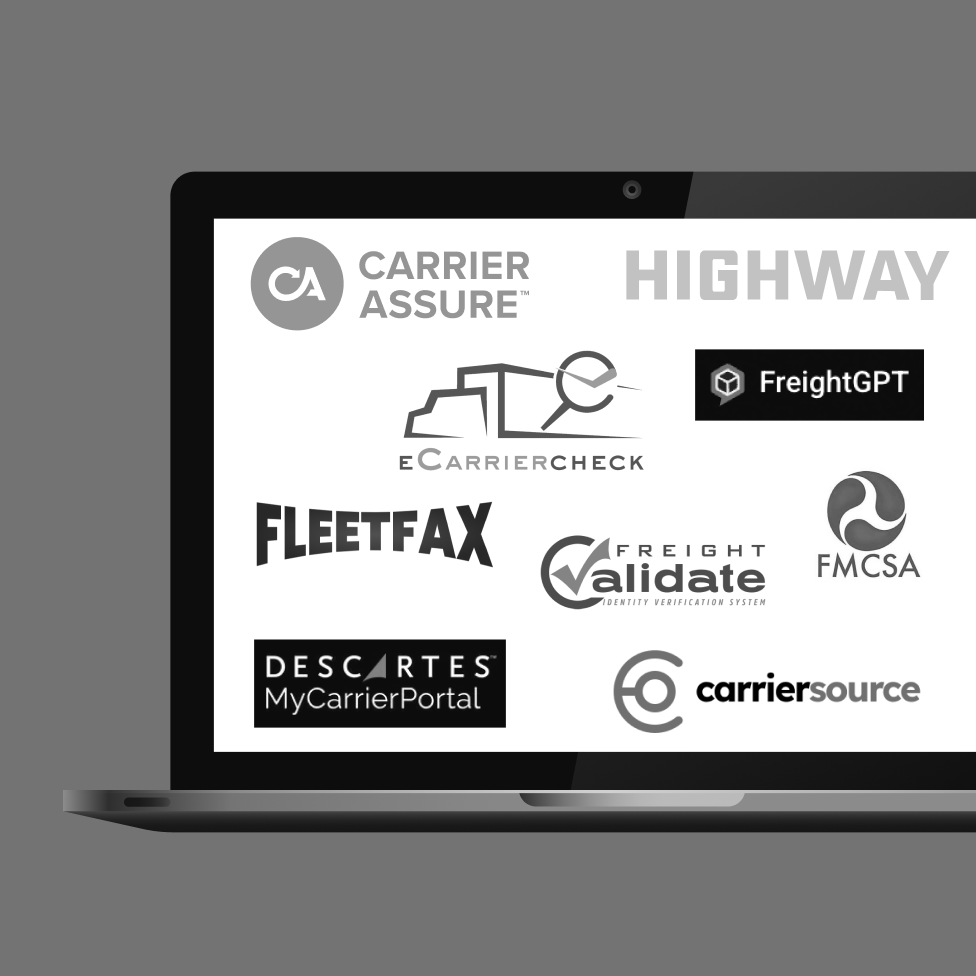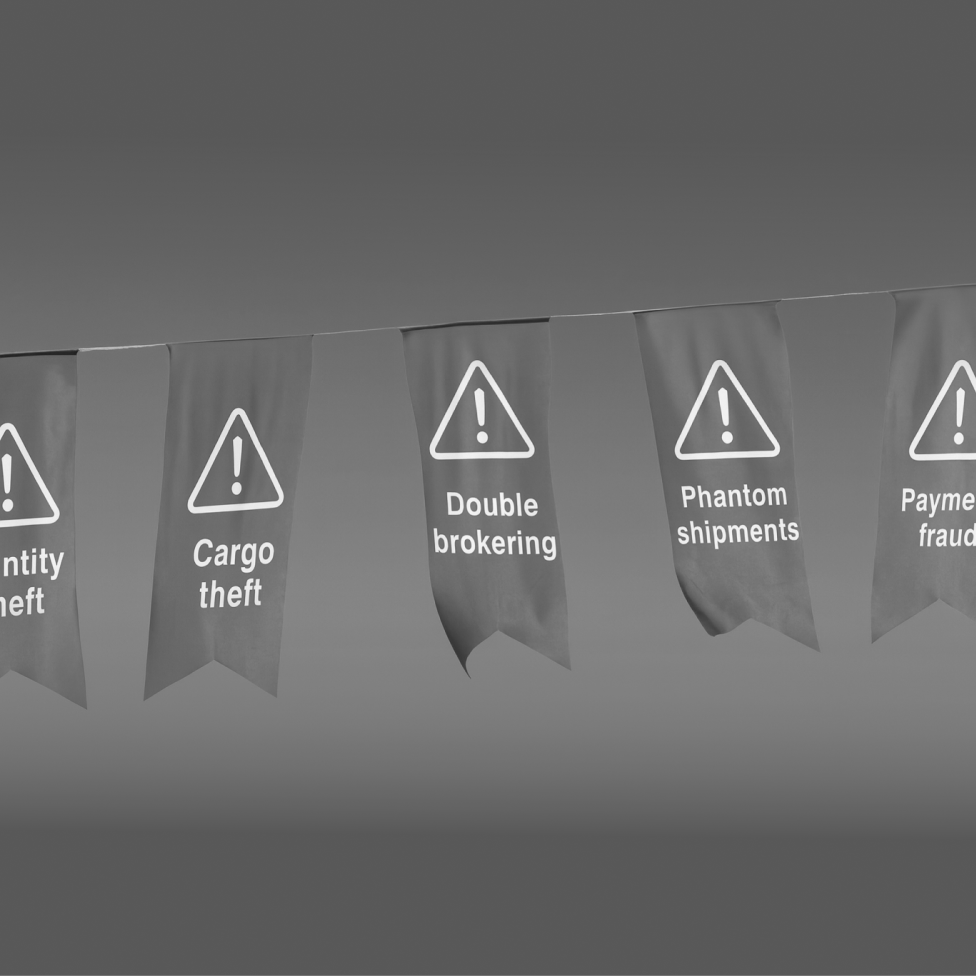The freight industry is no stranger to challenges, but 2025 promises to be a year of steady transformation. From the rise of automation and AI to shifts in market dynamics and a renewed focus on collaboration, industry leaders are looking ahead with cautious optimism.
We’ve gathered insights from some of the most influential voices in freight to understand what lies ahead. Their predictions touch on technology, market trends, and strategies that will shape the future of the industry. Let’s explore what’s next for freight in 2025.
Slow and steady growth expected
"I don’t foresee massive overnight gains, but over the next 12-18 months, we’ll see incremental changes that add up," explains Chris Jolly, Founder of the Freight Coach. "Companies will likely invest in automation to stay lean and offer more competitive pricing."
The 2025 freight market is shaping up to mirror 2024 with gradual rate increases rather than dramatic shifts. By adopting automation and focusing on operational efficiency, companies aim to manage costs while remaining competitive. This steady approach could pave the way for sustained growth over the long term.
Flexibility will define success
"The freight industry in 2025 won’t be about who’s the biggest—it’ll be about who’s the most adaptable," says Bharath "B" Krishnamoorthy, CEO of Denim. "Brokers and fleets that embrace flexibility in operations, financing, and partnerships will be the ones that thrive."
As market dynamics continue to shift, companies that prioritize flexible solutions—whether through innovative technology, tailored financing options, or strategic collaborations—will stand out. Denim’s focus remains on empowering brokers and fleets to navigate challenges with agility, setting them up for sustained growth in an evolving industry.
Fraud prevention is the key to a trust based freight market
“Companies that fail to prioritize fraud prevention will not only face increased financial and reputational risks but will also struggle to compete in a market where trust is everything. Elimination fraud is the foundation that makes the rest of the broker’s tech stack effective. Without a tool like Highway, inefficiencies grow at an exponential rate throughout the rest of the tech stack. You can’t automate bad data,” says Michael Caney, Chief Commercial Officer at Highway.
Caney’s perspective underscores a critical point for the future of freight. Fraud prevention is more than a safeguard; it is the cornerstone of operational efficiency and trust in the market. Without addressing fraud at its core, brokers risk inefficiencies that ripple through their entire operation, undermining even the most advanced technology.
AI takes the wheel: the rise of intelligent freight solutions
"By 2025, artificial intelligence will be the backbone of freight optimization," says Dale Prax, President and CEO of Direct Expedite. "From predictive load matching to automating routine tasks, AI will redefine how freight moves by making every step of the supply chain smarter and faster."
AI's integration will streamline operations, allowing brokers and fleets to operate more efficiently while reducing costs. Expect to see advanced machine learning models analyzing massive datasets in real-time, enabling better decision-making, mitigating risks, and driving unprecedented levels of productivity across the industry.
Preparing for “carrier revenge” in a shifting freight market
"As operational costs climb and carriers face unsustainable pressures, brokers must brace for a market shift that puts carriers in the driver’s seat," explains Alex Schick, CEO of Alliance Logistix. "Strengthening relationships with trusted partners is no longer optional—it’s essential to weather the coming changes."
The freight market is on the cusp of a significant supply and demand shift. Rising trucking rates, coupled with strained carrier sustainability, could lead to a dynamic where carriers reclaim leverage in negotiations. Brokers who invest in long-term partnerships and adapt their strategies during this bid cycle will be better positioned to navigate these changes while remaining competitive.
Mid-Sized 3PLs are poised to outpace industry giants
"Smaller to mid-sized 3PLs are taking market share from the top 5-10 brokers because shippers want consistency," explains Chris Brewer, CEO of River City Logistics. "They want the same account manager handling their business, not a revolving door of reps at larger operations."
Over the past two years, the shift in shipper priorities highlights the growing demand for reliable, personalized service. Mid-sized 3PLs, with their focus on consistency and strong client relationships, are increasingly outpacing larger brokers that struggle to deliver the same level of individualized care. As a result, these agile players are redefining the competitive dynamics of the freight industry.
Freight costs set to rise amid uncertainty
"Predicting the future is tricky with so many global variables at play, but one thing seems clear: US freight costs will rise in 2025," says Mike Hane, Director of Product Marketing, Transportation Management Solutions at Descartes. "Spot rates are already trending upward as consumer demand grows."
While black swan events like geopolitical conflicts, natural disasters, or pandemics remain unpredictable, the freight market is already showing signs of increased costs. Factors like regulatory changes and shifting consumer demand could moderate these trends, but businesses should prepare for higher expenses as the industry navigates an evolving global landscape.
Climbing out of the freight recession in 2025
"I think we’re all optimistic that 2025 will be a climb out of the freight recession," shares Walter "Mitch" Mitchell, CEO at Tai Software. "It’s been a tough time for the industry, and a shift toward prosperity would be welcome by all."
As the freight market transitions to recovery, technology will play a pivotal role. The continued maturity of AI in processes and workflows is set to enhance operations, delivering meaningful value to teams and driving efficiency across organizations. These advancements could help turn optimism into tangible growth in the year ahead.
Rising costs ahead for fresh produce and tech
"In 2025, we’ll see substantial cost increases for fresh produce and imported technology, with most of those costs being passed on to consumers," predicts Max Leach, Strategic Account Manager at Port TMS.
Economic pressures and supply chain challenges are expected to drive up prices for key goods, particularly fresh produce and tech imports. These increases will ripple through the supply chain, ultimately impacting consumer spending and influencing market trends across industries. Preparing for these cost hikes will be essential for businesses and consumers alike.
Optimistic growth and tech-driven efficiency in 2025
"Barring any major geopolitical or economic disruptions, we’re cautiously optimistic about 4%-6% growth in trucking freight demand and revenue next year," says JJ Singh, CEO of EKA TMS.
2025 is expected to bring significant advancements in AI and workflow automation, transforming carrier and broker operations and boosting back-office efficiency. Near real-time reporting and business intelligence tools will also become more widely adopted, improving decision-making across the board.
The focus will be on three key priorities: providing customers with value to seize opportunities in an improving market, scaling investments for growth across business segments, and driving long-term returns for shareholders. These strategies position the industry for steady progress in the year ahead.
Freight brokers going multi-product
"Leading SMB freight brokers will introduce new products for carriers and shippers in 2025. We’ve heard a bit of it this year and I think next year we will see SMB brokers expand beyond freight into offering carrier services, warehousing, financial products and more. These SmartBrokers will be ahead of the pack." says Sean Smith, VP of Product and Client Services at Denim.
Freight brokers build very powerful and expansive distribution channels to offer a number of solutions for carriers and shippers. Especially as the market turns to the carriers favor, brokers who prioritize deepening these relationships will be set up for success.
Policy shifts and consumer demand will shape freight recovery
"I believe the freight market will recover significantly in 2025, with the first quarter showing the strongest activity," predicts Thomas Werdine, Founder of ThinkFreight. "This will be driven by potential policy changes, such as new tariffs on China, Mexico, and Canada, which could lead to a rush in imports as companies work to front-load inventory. The January 15 ILA strike deadline will also play a major role, causing a surge in freight volumes before the strike and creating bottlenecks afterward that will increase rates."
Thomas’ prediction highlights a freight market ready for recovery but shaped by complex forces. Tariff changes and the looming ILA strike could create bottlenecks and rate surges, while consumer sentiment will be crucial in sustaining demand throughout the year.
Set yourself up for success in 2025
The freight industry might bring its share of surprises in 2025, but one thing is clear: steady cash flow and smart financial management are key to growth. Whether you’re looking to invest in automation, adjust to market shifts, or strengthen your operations, having a strong financial foundation is critical.
Let’s make 2025 your best year yet. Get started with Denim today and see how our solutions can help your business thrive.

Denim’s automated solutions streamline your back-office operations. Explore our solutions to see how Denim can help your business scale efficiently.
There's a better way

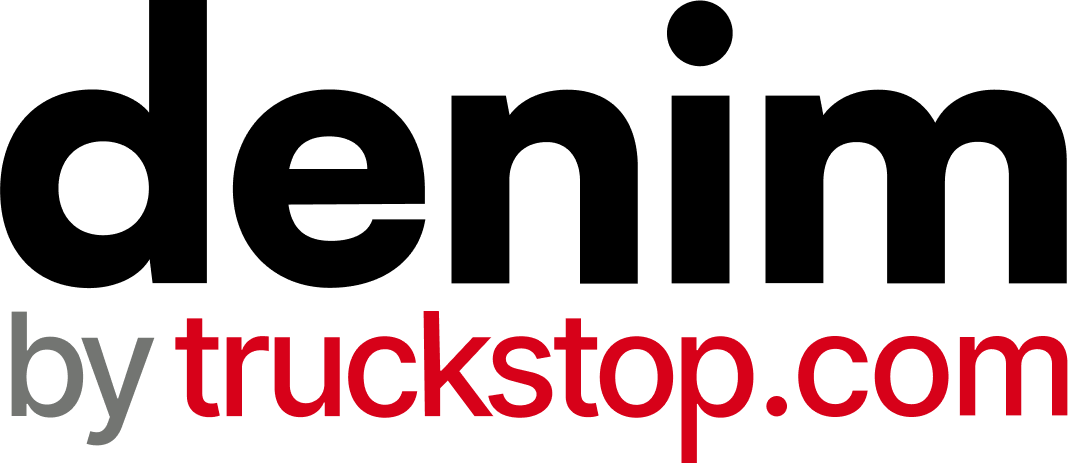
.png)

